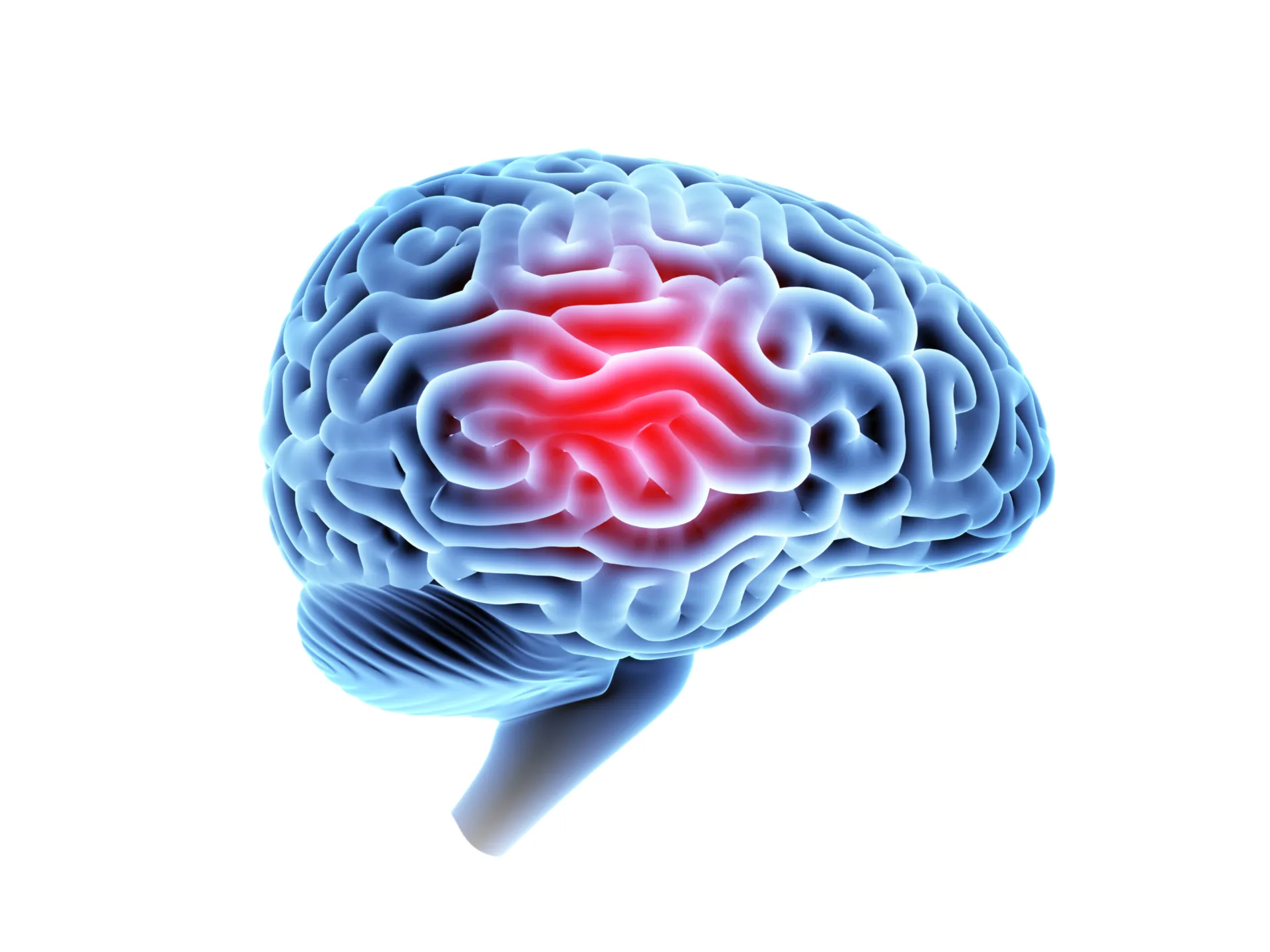
The Psychological Effects of Alcohol Dependence
Alcohol dependence, also known as alcoholism, is a serious condition that affects millions of people worldwide. It is characterized by strong cravings for alcohol, loss of control over drinking and withdrawal symptoms when drinking stops. Beyond the physical health risks, alcohol dependence has profound psychological effects that can significantly impair an individual’s mental well-being and overall quality of life. In this blog, we will explore the psychological effects of alcohol dependence and how Bluff Augusta can help those struggling with this condition.
Psychological Effects of Alcohol Dependence
Mood Disorders
One of the most common psychological effects of alcohol dependence is the development of mood disorder symptoms. Chronic alcohol use can lead to depression, anxiety and increased irritability. Alcohol disrupts the balance of neurotransmitters in the brain, such as serotonin and dopamine, which are crucial for regulating mood. As a result, individuals with alcohol dependence often experience persistent feelings of sadness, hopelessness and anxiety.
Cognitive Impairment
Alcohol dependence can cause significant cognitive impairment. Long-term alcohol use damages brain cells and disrupts the functioning of the hippocampus, which is essential for memory and learning. This can lead to difficulties with concentration, memory loss and impaired decision-making abilities. Over time, these cognitive deficits can become severe and impact daily functioning.
Personality Changes
Chronic alcohol use can lead to noticeable personality changes. Individuals may become more withdrawn, irritable and aggressive. Alcohol can lower inhibitions and impair judgment, leading to risky behaviors and conflicts in personal and professional relationships. These personality changes can strain relationships and create a cycle of isolation and further alcohol use.
Increased Stress and Anxiety
While alcohol is often used as a coping mechanism for stress and anxiety, it ultimately exacerbates these conditions. Alcohol dependence can lead to heightened stress levels due to the constant need to consume alcohol and the negative consequences of heavy drinking. Additionally, withdrawal symptoms during periods of abstinence can cause severe anxiety, creating a vicious cycle of dependence.
Sleep Disturbances
Alcohol disrupts normal sleep patterns, leading to insomnia and poor-quality sleep. While alcohol may initially induce drowsiness, it interferes with the later stages of the sleep cycle, resulting in fragmented and non-restorative sleep. Chronic sleep disturbances can worsen mood disorders, cognitive impairment and overall mental health.
Social and Occupational Dysfunction
The psychological effects of alcohol dependence often extend to social and occupational areas of life. Individuals may struggle to maintain relationships, fulfill work responsibilities and engage in social activities. The stigma associated with alcoholism can lead to feelings of shame and guilt, further isolating individuals and hindering their recovery.
Seeking Help at Bluff Augusta
If you or someone you know may be suffering from the psychological effects of alcohol dependence, you don’t have to go it alone. Professional help is available.
Located in Augusta, Georgia, Bluff offers comprehensive addiction treatment programs designed to address the complex needs of individuals struggling with alcohol dependence.
Our Approach to Treatment
At Bluff Augusta, we provide a holistic approach to addiction treatment that includes:
- Individual Therapy: Our licensed therapists work with clients to address underlying psychological issues, develop coping strategies and foster emotional healing.
- Group Therapy: Group sessions provide a supportive environment where clients can share their experiences, gain insights and build a sense of community.
- Family Therapy: We involve family members in the treatment process to improve communication, rebuild trust and create a supportive home environment.
- Medical Detox: Our medically supervised detox program ensures clients safely manage withdrawal symptoms and begin their recovery journey.
- Aftercare Support: We offer ongoing support and resources to help clients maintain sobriety and achieve long-term recovery.
Alcohol dependence has profound psychological effects that can severely impact an individual’s mental health and overall quality of life. At Bluff Augusta, we are committed to providing compassionate and effective treatment to help individuals overcome alcohol dependence and achieve lasting recovery. If you or a loved one is struggling with alcohol dependence, contact Bluff Augusta today to take the first step towards a healthier, happier life.








